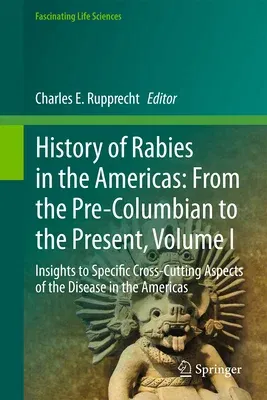History of Rabies in the Americas: From the Pre-Columbian to the Present, Volume I: Insights to Specific Cross-Cutting Aspects of the Disease in the AHardcover - 2023, 25 April 2023

Qty
1
Turbo
Ships in 2 - 3 days
In Stock
Free Delivery
Cash on Delivery
15 Days
Free Returns
Secure Checkout

Part of Series
Fascinating Life Sciences
Print Length
319 pages
Language
English
Publisher
Springer
Date Published
25 Apr 2023
ISBN-10
3031250516
ISBN-13
9783031250514
Description
Product Details
Book Edition:
2023
Book Format:
Hardcover
Country of Origin:
NL
Date Published:
25 April 2023
Dimensions:
23.39 x
15.6 x
1.91 cm
ISBN-10:
3031250516
ISBN-13:
9783031250514
Language:
English
Location:
Cham
Pages:
319
Publisher:
Series:
Weight:
644.1 gm